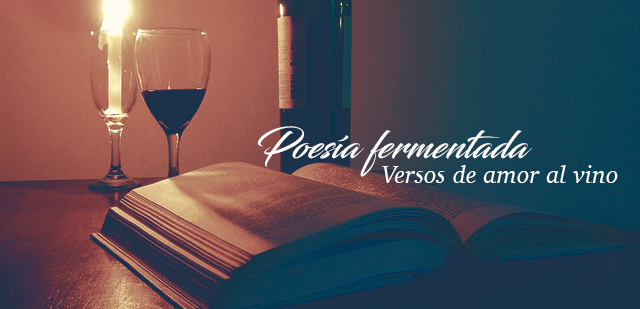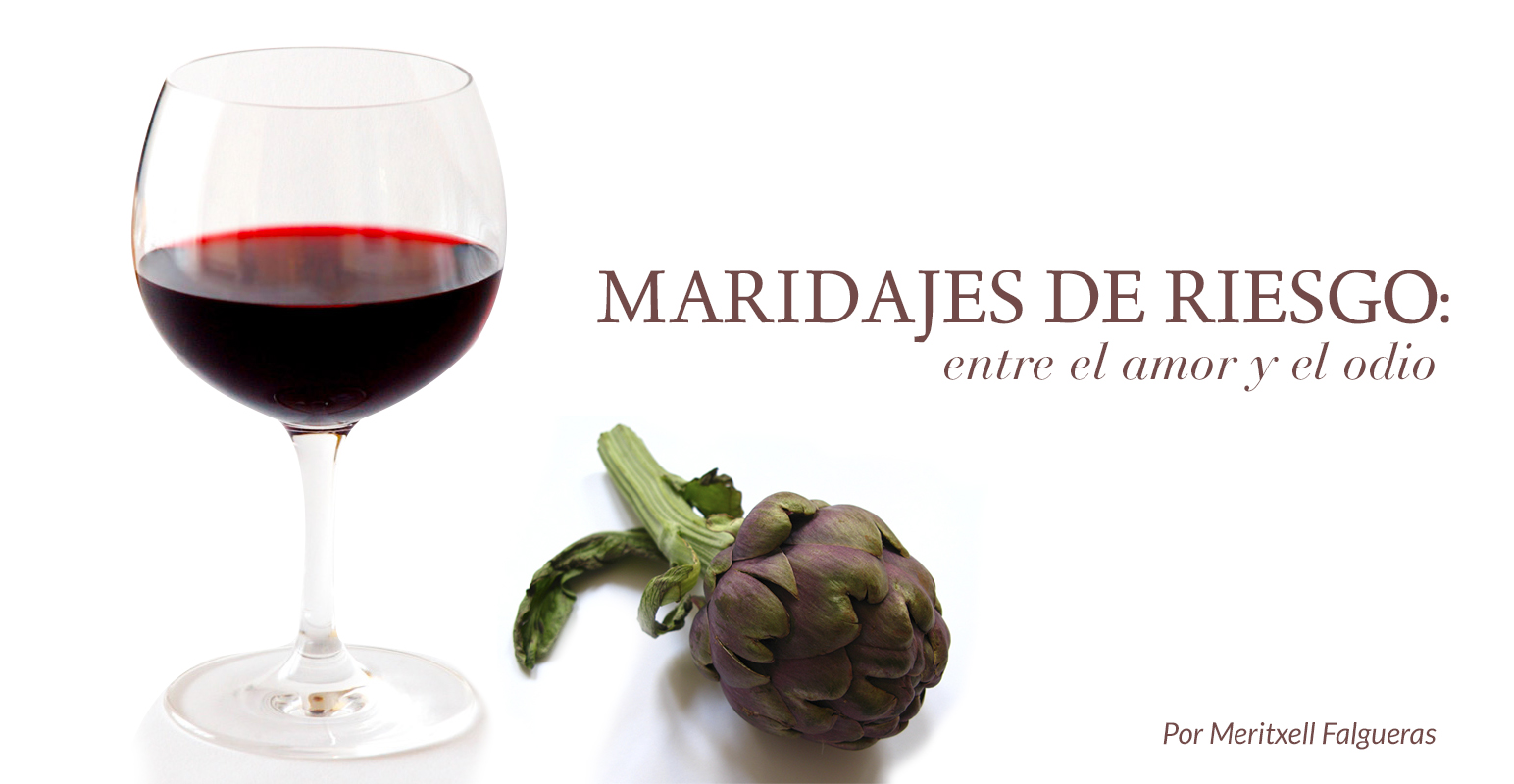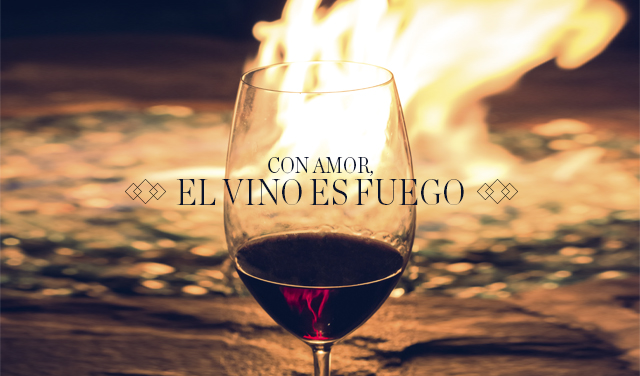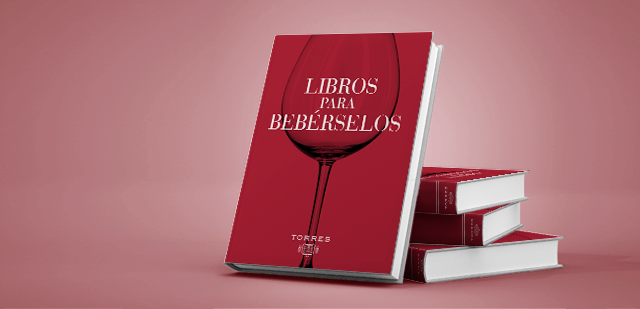The Poetry of Fermentation

The different ways in which wine is represented in art throughout the ages reflects the very history of civilization and culture.
Of all the artistic disciplines, literature is perhaps the most prolific and adept at representing the multifaceted nature of wine, producing a varied blend that includes the Bible and Pliny the Elder, Omar Khayyam and Baudelaire, Lorca and Hernández, Quevedo and Shakespeare.
“If I had a thousand sons, the first humane principle I would teach them should be, to forswear thin potations and to addict themselves to sack [sherry].”
Falstaff.
Poets have turned to wine for inspiration, conveying, in just a few verses, emotions and passions—their own and those of others—that forge a deep and intimate connection. With all its tangible and intangible facets, its light and darkness.
These wine-inspired poems and aphorisms have become part of our collective memory. Below we pay tribute to the work of seven timeless poets.
The Soul of Wine by Charles Baudelaire (Excerpt)
“One eve in the bottle sang the soul of wine:
‘Man, unto thee, dear disinherited,
I sing a song of love and light divine—
Prisoned in glass beneath my seals of red.’”1
Ode to Wine by Pablo Neruda (Excerpt)
“Day-colored wine,
night-colored wine,
wine with purple feet
or wine with topaz blood,
wine,
starry child
of earth,
wine, smooth
as a golden sword,
soft
as lascivious velvet,
wine, spiral-seashelled
and full of wonder,
amorous,
marine;
never has one goblet contained you,
one song, one man,
you are choral, gregarious,
at the least, you must be shared.”2
Oriental Song by Federico García Lorca (Excerpt)
“Grapevines are the lustfulness
that solidifies in summer.”3
Ode to Wine by Miguel Hernández (Excerpt)
“Grapevine canopy in a flood of heat,
Slumbering pine,
wasps and cicadas stir
in slender shoots,
splendid strings that carry wine.”
Francisco de Quevedo
“Said the mosquito to the frog,
it is better to die in wine
than to live in water.”
Sonnet to Wine by Jorge Luis Borges (Excerpt)
In what kingdom, in what age, under what silent
alignment of the stars, on what secret day
that stone has not preserved, arose the bold
and singular idea of inventing joy?
They drew it from golden autumns. Wine
flows red across generations
like the river of time, and along its arduous way,
it bestows on us, music, fire and lions.
On a festive night or on the worst of days,
it raises our revelry or calms our fears,
and the new dithyramb I sing today,
was sung by the Arab and the Persian long before.
Wine, show me the art of seeing my own history
as if it were already the ashes of memory.
Rhyme LV, Gustavo Adolfo Bécquer
Amid the loud uproar of the revelry
the echo of a sigh
caressed my ears like a distant
note of music.
I recognized the echo of that sigh,
formed by the same air I have breathed,
the scent of a hidden flower that grows
in a dark cloister.
My beloved of the moment asked me
affectionately, “What are you thinking?”
“Oh, nothing...” “But why do you cry?”
“My sadness is happy; it is the wine that is sad.”4
__________________________________________________________
1“The Soul of Wine,” Charles Baudelaire,The Poems and Prose Poems of Charles Baudelaire with an Introductory Preface by James Huneker(1919), translated by Frank Pearce Sturm.
2“Ode to Wine,” Pablo Neruda, Selected Odes by Pablo Neruda (1990), edited and translated by Margaret Sayers Peden, Fundación Pablo Neruda, University of California Press. Included in In Vino Veritas: An Anthology of Drinking in Literature (2013), edited and compiled by Nicholas O. Warner, McFarland & Company, Inc., Jefferson, North Carolina and London.
3“Oriental Song,” Federico García Lorca, Book of Poems (Selection) (2004), edited and translated by Stanley Appelbaum, Dover Publications, Inc. Mineola, New York.
4“Rhyme LV,” Gustavo Adolfo Bécquer, The Book of Sparrows, translated by Armand F. Baker. http://www.armandfbaker.com/index.html



